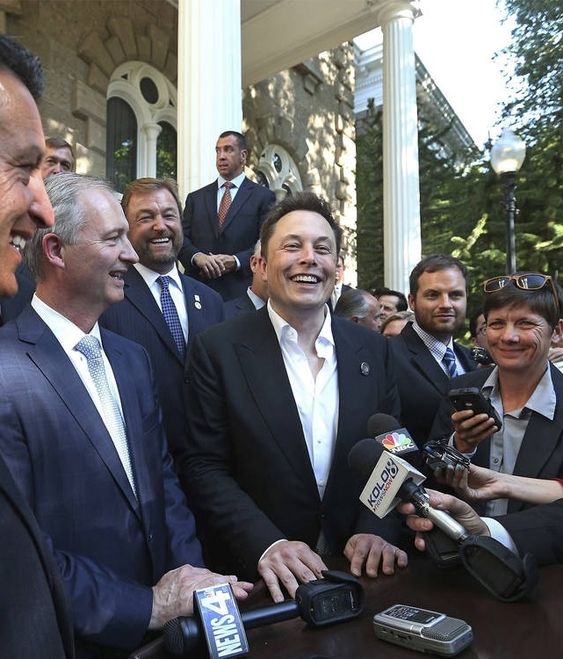“Neuralink’s Milestone: Elon Musk Implants First Human with Brain-Computer Interface Chip”
Now, let’s discuss Elon Musk. He recently posted on Twitter, now known as ‘X’, a few hours ago. In the post, he announced that the first human has received an implant from Neuralink and is recovering well. Initial results show promising neuron spike detection. For those unfamiliar, Elon Musk has implanted a computer chip in a human brain through his startup called Neuralink, which has initiated human trials. Musk co-founded Neuralink in 2016, and eight years later, they have their first human test subject. This marks a significant milestone, providing proof of concept for a brain-computer interface (BCI) technology.
The BCI technology developed by Neuralink allows individuals to control machines with their thoughts. Musk mentioned in a follow-up post that the first product is called telepathy, enabling control of a phone or computer just by thinking. This technology has the potential to be a game-changer, especially for individuals with paralysis, offering them significant benefits.

Musk expressed that they would be the first recipients of this technology, envisioning a scenario where someone like Stephen Hawking could communicate faster than a speed typist or auctioneer. While ambitious, this dream is driven by the potential benefits for those with paralysis.
The technology involves inserting a computer chip and other electronics into the brain, referred to as the link in Neuralink. The chip, about the size of a few coins, is battery-operated and can be charged wirelessly. The unique surgical process involves a special robot inserting the chip directly into the brain. The chip’s wires or threads monitor brain activity, reading thoughts and transmitting them to the chip, which then sends signals to an app on a phone or computer.
Though similar devices have existed since 2004, what makes Neuralink special is its capability to capture a vast volume of brain signals quickly. Musk envisions a future where humans, augmented with mind-controlled machine parts, achieve new heights of capability, such as driving smart cars or playing video games with their minds.

However, there are potential drawbacks and threats, including the risk of hacking and unauthorized access to thoughts or control over robotic limbs. Musk acknowledges these risks and urges caution while exploring the potential benefits. Neuralink’s recent progress represents a crucial step forward, and the coming weeks will reveal more about the technology’s development and its potential availability to the public.
Share this content:



2 comments